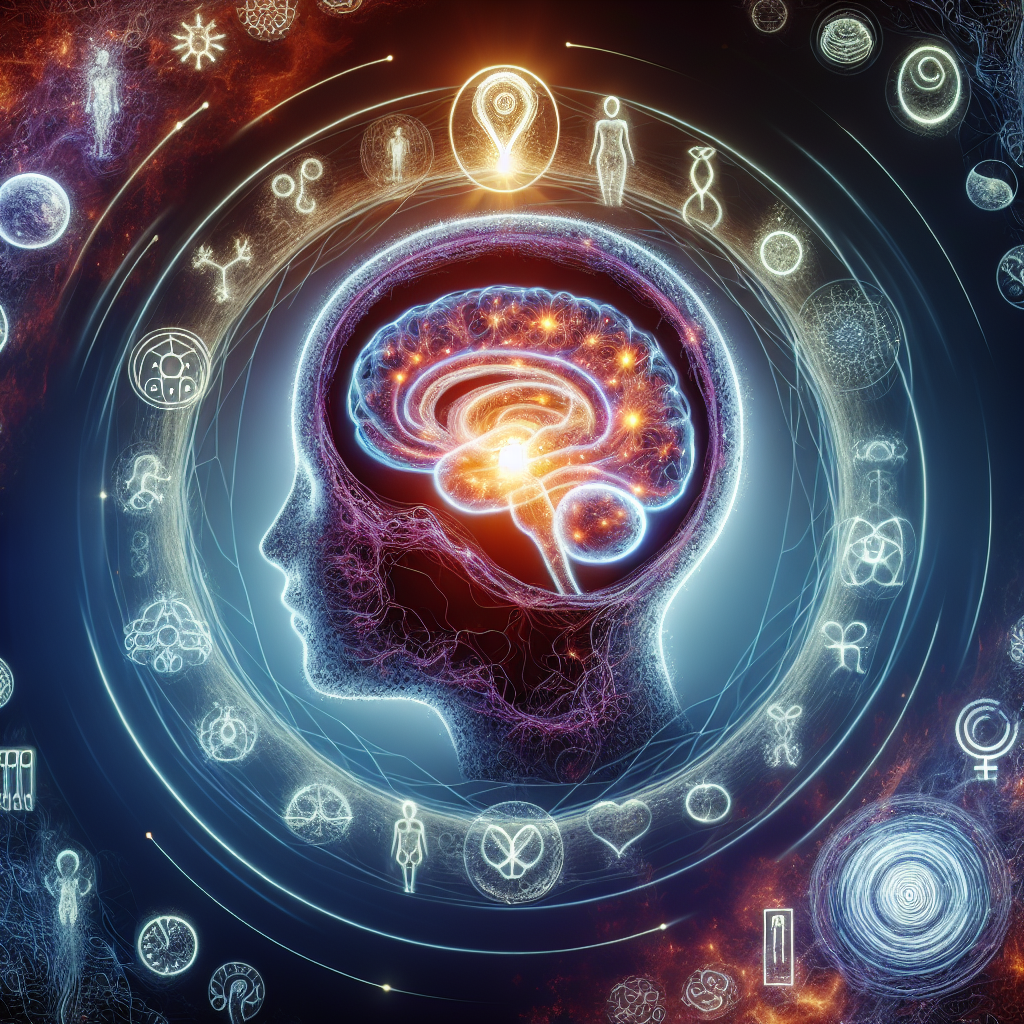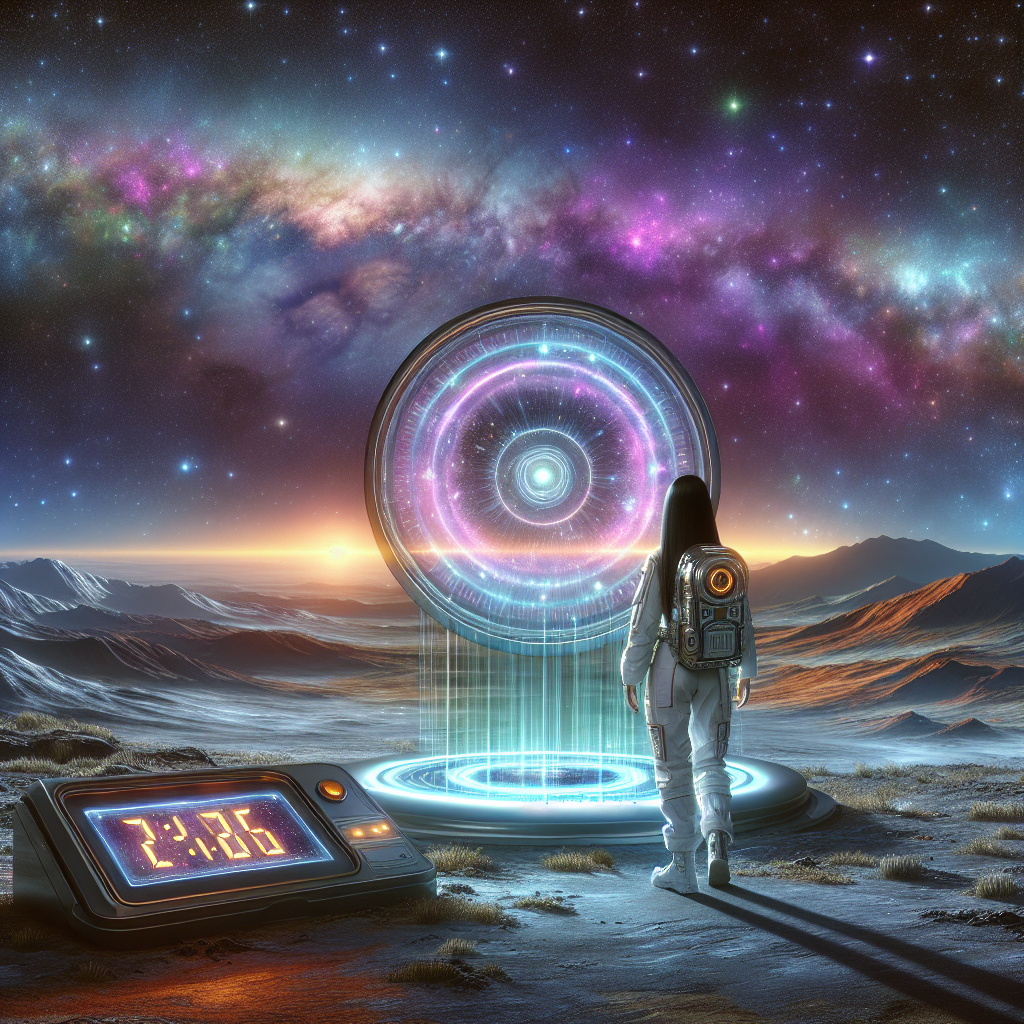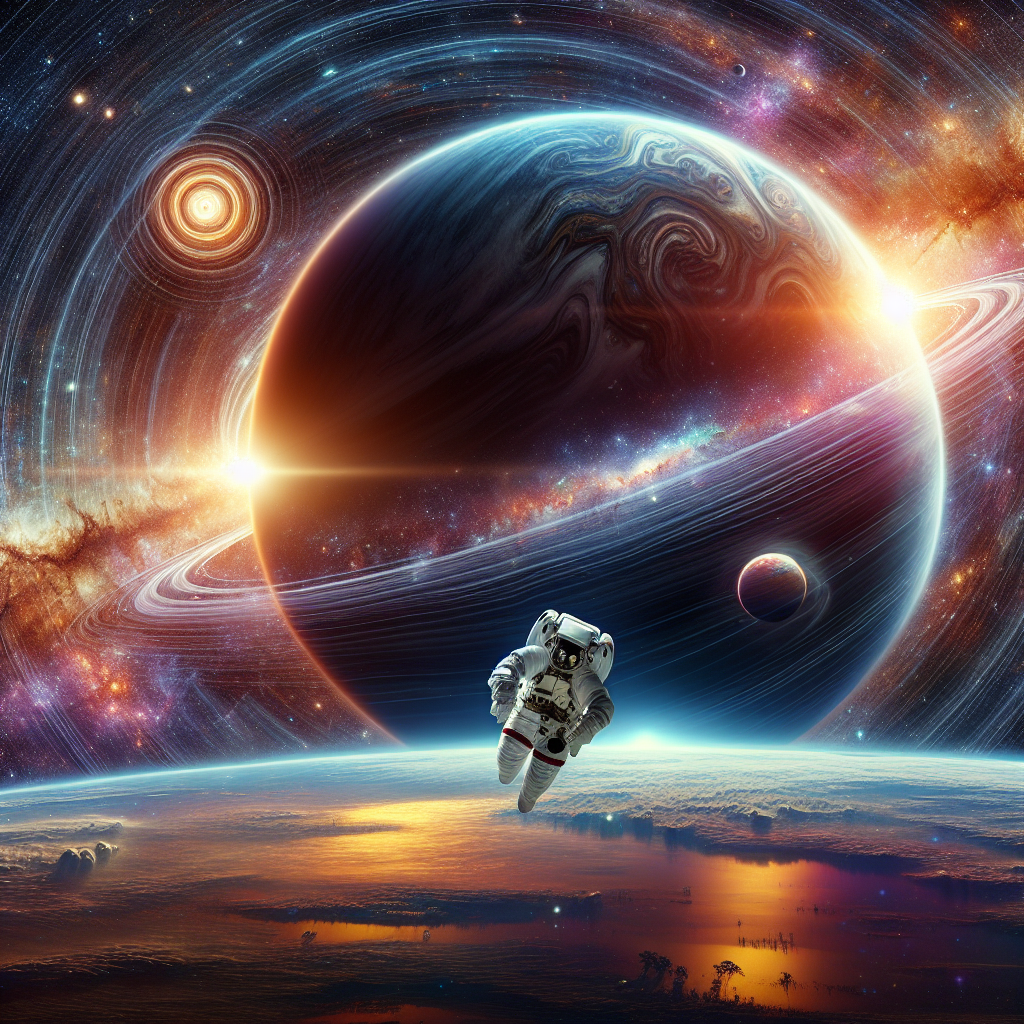What Is Consciousness and Why Do We Have It? Understanding Origins, Values, and Development
Among the greatest mysteries of science and philosophy lies a deceptively simple question: what is consciousness and why do we have it? This fundamental topic bridges brain science, psychology, morality, and even prenatal development. In this SEO-optimized guide, we’ll unpack definitions of consciousness, theories about its purpose, how it relates to our values, links to popular resources like the “how consciousness creates reality pdf,” and discuss the earliest stages when it might arise in human development.
What Is Consciousness?
Consciousness is the state of being aware of and able to think about one’s own existence, sensations, thoughts, and environment. It’s our subjective experience of the world—including perceptions, emotions, intentions, memories, and self-awareness. While still not fully understood, most neuroscientists agree that consciousness somehow emerges from complex neural processes in the brain, allowing us to reflect, imagine, and make decisions.
Why Do We Have Consciousness?
There are several leading theories that seek to explain why we have consciousness:
- Evolutionary Advantage: Consciousness may help organisms navigate complex environments, learn from mistakes, plan for the future, and anticipate others’ intentions—a distinct advantage for social beings like humans.
- Integration of Information: The brain unifies streams of sensory data, memories, and motivations into a single “stream of consciousness,” guiding adaptive behavior.
- Moral and Social Context: Our awareness allows us to attach meaning to experiences, form values, and participate in societies rooted in empathy, cooperation, and ethics.
Philosophers, from Descartes to modern cognitive scientists, continue to debate whether consciousness is a fundamental feature of the universe or an emergent property of computation in the brain.
How Consciousness Creates Reality: Deep Dive & Resource Link
Some thinkers and authors propose that consciousness actually shapes our reality—not just interpreting but generating it in profound ways. This is a central argument in many works, including the widely searched “how consciousness creates reality pdf,” which references both quantum theory and ancient philosophy. According to these perspectives, our perceptions, beliefs, and thoughts play an active role in molding the reality we experience. For a scholarly approach, see referenced works in cognitive science and quantum mechanics, but treat popular manifesting claims with critical thinking. Read a reputable PDF on the topic here.
How Consciousness Is Related to Values
Consciousness is closely tied to our concept of values. Because consciousness is the basis of subjective experience, it allows us to determine meaning, form judgments, and choose how to act—giving rise to values like fairness, kindness, and responsibility. Moral reasoning, empathy, and ethical awareness are thought to require a certain level of consciousness, as they involve simulating the feelings of others and weighing possible outcomes.
When Does Consciousness Start in the Womb?
The question “when does consciousness start in the womb?” is deeply rooted in science and ethics. Most neuroscientists agree that fetal consciousness requires the formation of functioning cortical networks in the brain. Research suggests that the neural structures essential for conscious perception begin forming in the third trimester (around 24-28 weeks gestation), but there is little agreement on when (or if) a fetus attains awareness as adults understand it. Fetal brain electrical activity and connection to sensory input increase rapidly after this stage, but conclusive evidence on conscious experience is still lacking.
When Does Consciousness Develop in a Fetus?
When does consciousness develop in a fetus? By 20-24 weeks, the fetal brain has some neural activity, but coordinated brain rhythms—considered necessary for conscious experience—emerge closer to 27–30 weeks gestation. However, scientists emphasize that even this may be different from adult or newborn consciousness due to the sleep-like state of the late-gestation fetal brain and the absence of direct environmental exposure.
When Does Consciousness Begin in a Fetus?
On the precise question “when does consciousness begin in a fetus?” — current consensus is that full, sentient consciousness is unlikely before the last stages of the third trimester, though sensory and rudimentary awareness may emerge earlier. It remains a hotly debated topic in medical ethics, philosophy, and developmental neuroscience.
Summary Table: Consciousness, Development, and Values
| Topic | Key Insights |
|---|---|
| Definition | Subjective awareness of self and environment |
| Why do we have it? | Evolutionary, information processing, and moral/social purposes |
| Reality creation? | Active debate—scholarly and popular perspectives differ |
| Values link | Consciousness enables judgment, empathy, ethical reasoning |
| Fetal beginnings | Consciousness unclear before last trimester; 27–30 weeks neural activity |
Frequently Asked Questions About Consciousness
- What is consciousness and why do we have it?
It’s self-awareness and perception, helping us navigate, survive, and create meaning in life and society. - How consciousness creates reality PDF?
Refer to science-based articles and cognitive science research for thoughtful perspectives; popular PDFs circulate online but vary in credibility. - How consciousness is related to values?
It underpins ethical decision-making and empathy, forming the basis of moral values. - When does consciousness start in the womb?
Current science suggests late third trimester (27–30 weeks), but this remains debated. - When does consciousness develop in a fetus?
Coordinated brain activity appears late in gestation; full consciousness likely does not begin until close to birth. - When does consciousness begin in a fetus?
Not fully clear—neural prerequisites develop around 27–30 weeks, but awareness as adults experience it is uncertain.
Conclusion: The Frontiers of Consciousness, Purpose, and Human Values
Answering what is consciousness and why do we have it brings you to the edge of neuroscience, ethics, and philosophy. Consciousness fuels identity, experience, and moral action—whether it’s emerging in a growing brain or evolving through a lifetime. As research continues, our appreciation of subjective awareness and its ethical implications only deepens, encouraging respectful dialogue and curiosity about the human mind.





